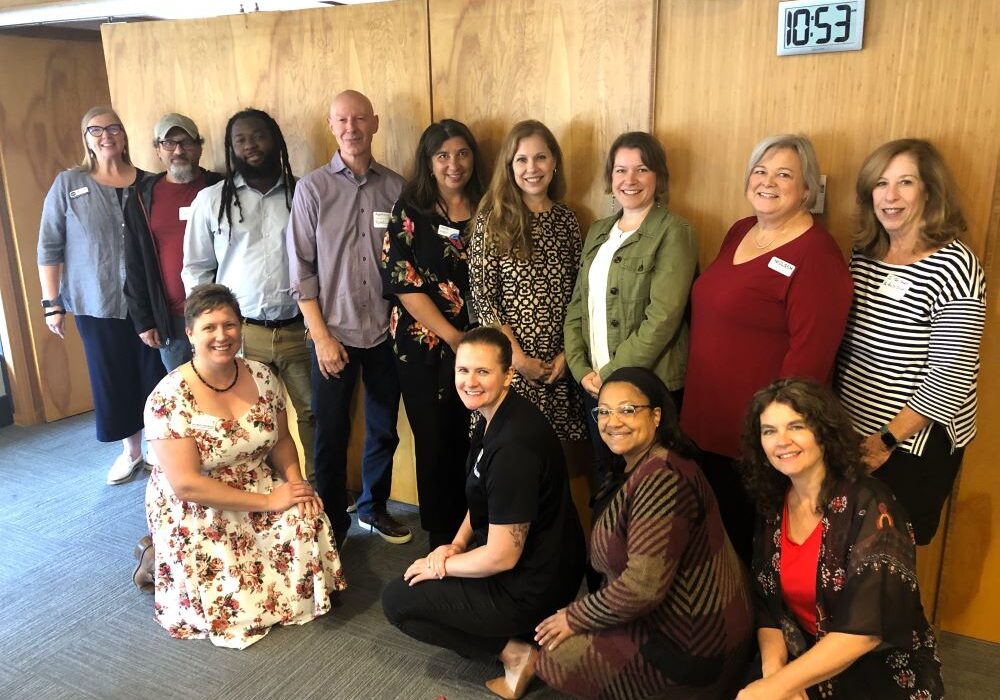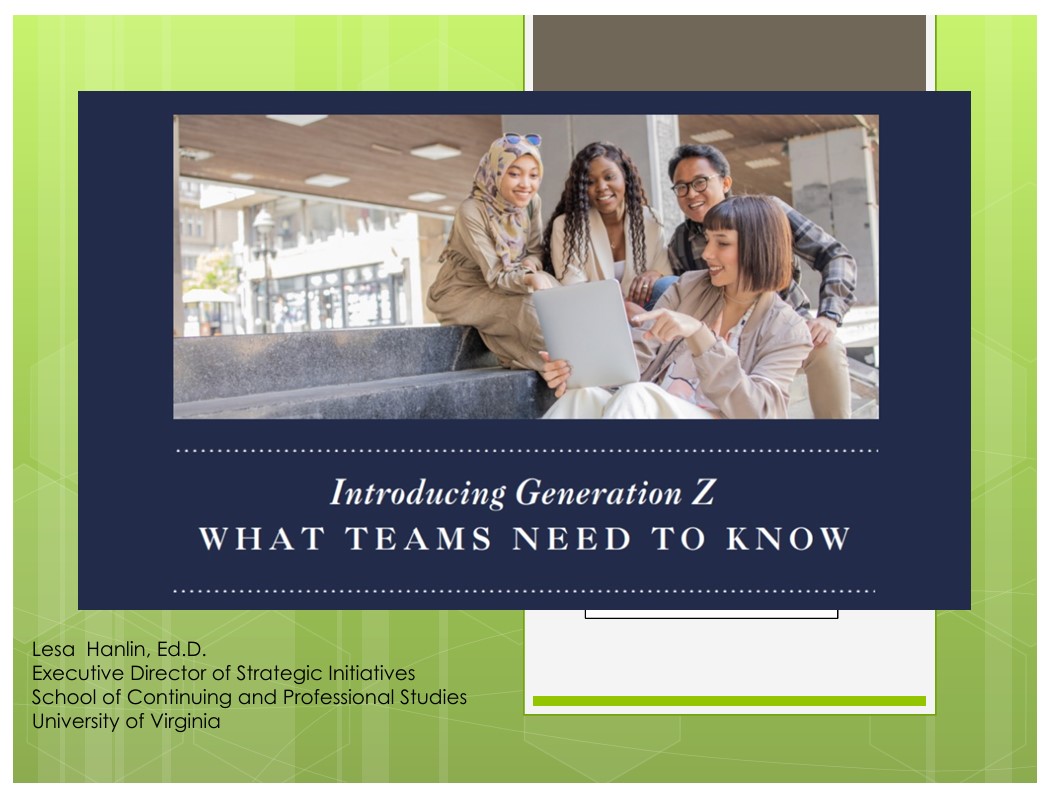Future of Talent: What Teams Need to Know about Gen Z

Characteristics of Gen Z in the Workplace
Lesa highlighted some key characteristics of Gen Zers:
- Generation Z is resolved to do things differently.
- Generation Z is super competitive.
- Generation Z is most like Generation X.
- Generation Z seeks financial stability. In contrast to millennials, 2 out of 3 Gen Z employees would choose financial stability over a job they enjoy.
- Generation Z wants to be good global citizens. They expect the same from employers.
- Generation Z has a different communication style. They rarely use email and favor private messaging over social media.
- Generation Z is entrepreneurial. 73% say they want to start their own business.
- Generation Z is connected.
- Generation Z works independently.
- Generation Z embraces change.
- Generation Z wants a voice.
Three Drivers of Generational Tension at Work
In the multi-generational workplace, tensions commonly arise in three broad areas:
Management Style Expectations – generational cultures may clash over communication modes, dress codes, frequency and type of feedback, scheduling and more. Consider whether your workplace rules reflect true business necessities vs personal preferences.
Unconscious Bias – Age discrimination can run both ways. To reframe differences, arrange for employees to learn from one another.
Lifestyle Choices – Social norms change over time, from body art and piercings to dietary preferences and much more. Be aware and responsive to new perspectives.
To see more Future of Talent events, visit CvilleChamber.com/talent.
For information on training for your organization on Generations in the Workplace or other current business topics, you can contact Lesa Hanlin at lesa@virginia.edu.

